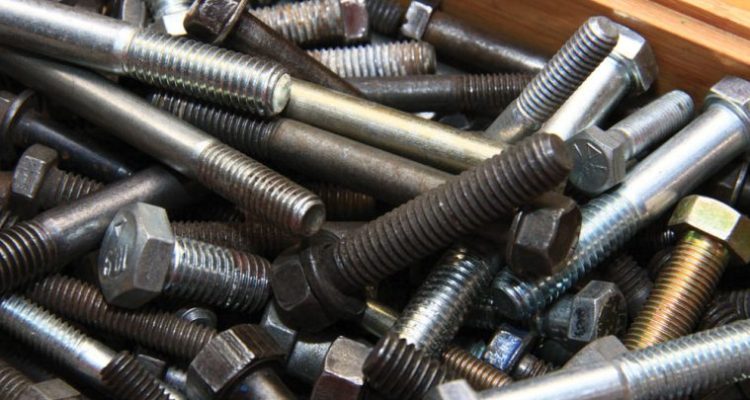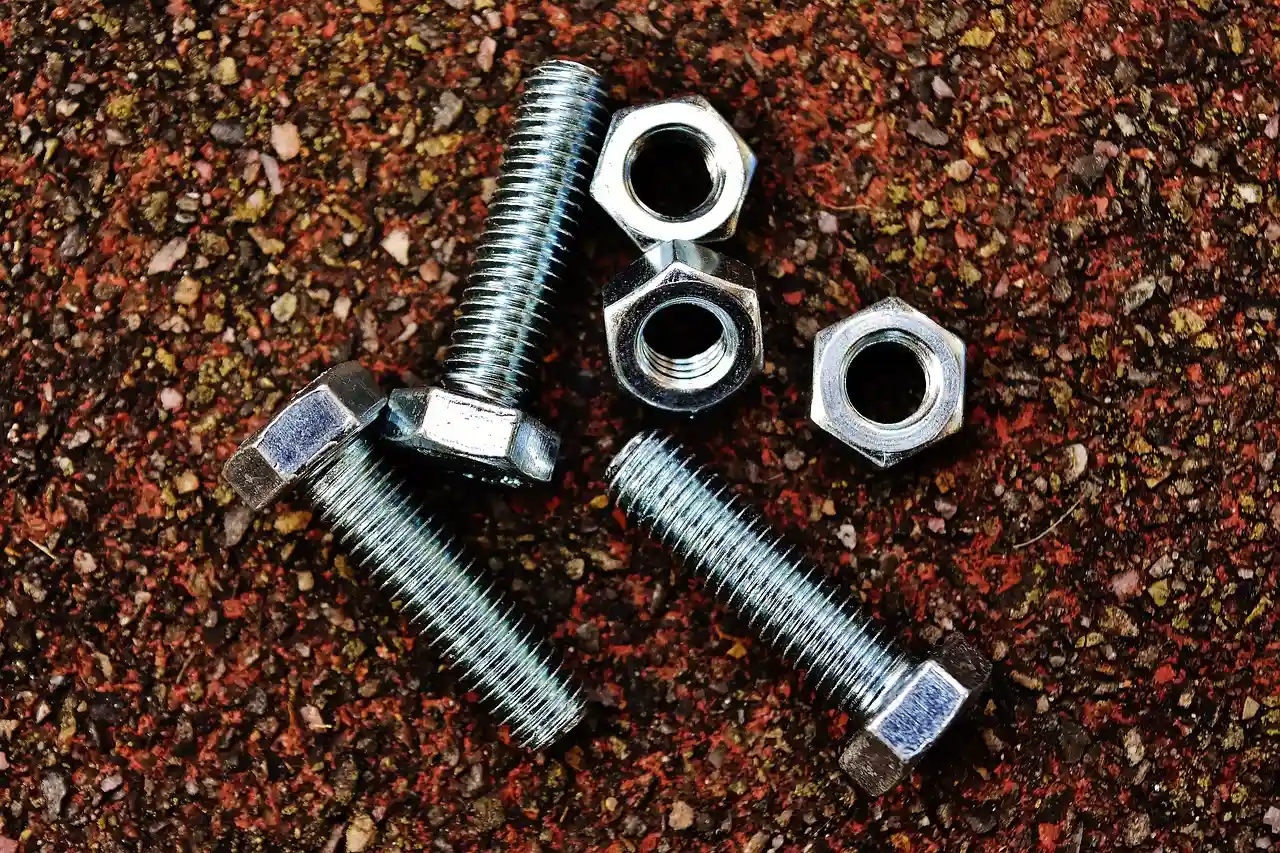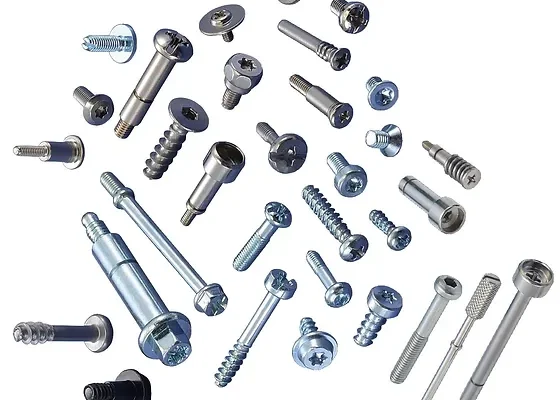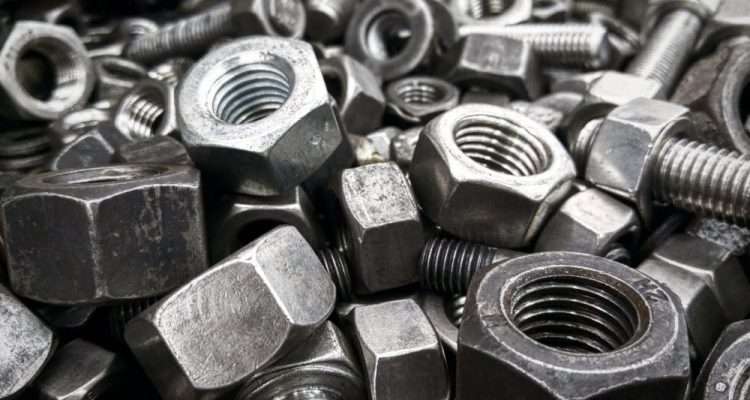
How to locate fasteners suppliers close to me effectively
Leverage Google Maps, online directories, local business networks, and social media to find reliable fasteners suppliers nearby, attending trade fairs for direct networking opportunities.
目录
ToggleThe Benefits of Local Sourcing of Fasteners
Local sourcing of fasteners is not only a simpler arrangement in terms of logistics; whether we consider it from the standpoint of a business or a customer, building a strategy around local suppliers can be beneficial for a number of reasons. Utilizing the capabilities of nearby suppliers can help businesses get an edge in several different areas.
Better supply chain management
When it comes to fasteners that you source from local suppliers, lead times are vastly diminished. When you are one hundred miles rather than one thousand miles away from your supplier, you can expect materials to reach you not in weeks but possibly in days. This also enables businesses to be more proactive in managing their inventory and allows for more responsive approaches to orders, as they don’t have to come in such large quantities when travel time is at a minimum. This means that holding large stockpiles is unnecessary, and businesses are less liable to have either overstock or shortages.
In addition, working closely with local suppliers is much simpler and permits a more personal approach. This enables more effective communication, more closely-tailored service, as well as quicker remedying of any issues that might arise. After all, preventing issues with your supply chain is much easier than fixing them, and the two major enemies of a supply chain are inflexibility and a communication gap.

How to Find A Bulk Nut and Bolt Supplier
Environmental and economic benefits
The indirect costs of long-distance transportation, and most especially its carbon footprint, are vastly diminished when you source fasteners locally. You are also minimizing instances of things like suppliers who go out of business while holding onto your money, saving yourself some headaches as well. Additionally, relying on local businesses to supply your own helps stimulate the local economy, preserves jobs and helps keep a sense of community together. Finally, even if the unit price is higher with a local supplier, the overall costs are lower due to the lack of shipping and tariffs, as well as any disruptions to the international supply chain.
I believe that local suppliers provide the level of flexibility and agility that is hard to achieve with the distant ones. Considering that the current market is highly dynamic, businesses must adapt quickly and introduce changes to their products and services to adjust to new trends and meet clients’ requirements and specifications. In this respect, the size of orders matters, and while local suppliers are ready to accept smaller and, at the same time, more frequent orders, there is a chance that companies that can purchase orders are subjected to changes in their flexibility and agility. At the same time, local suppliers have to ensure that they meet the demands of various clients. As a result, their production process concentrates on diversifying their products and finding solutions for their clients. As materials provided by fastener suppliers could differ, both quality and production rates could bring unexpected improvements. This means that not only are high-quality materials and products delivered by suppliers but also flexibility in the face of numerous orders and new materials they are provided with. They have a need and a capacity to introduce changes in their work and production.
As a result, the products that they provide are more adapted to a particular firm, and their range is more diversified due to the need to address demands related to the large number of fasteners available. Taking these aspects into account, I suppose that products of local suppliers are of a higher quality as they are more adapted to the demands of a particular business and are of better quality due to more frequent order changes and changes in the materials they are expected to work with. Finally, many products provided by fasteners suppliers could present rather affordable solutions. Thus, it seems that local suppliers are preferable.
The first step in choosing a quality supplier is to check their certification. All suppliers should have industry-relevant certifications. In our case, ISO 9001 is a great example of such a certification. There are also other certifications depending on the specific industry, for example, in the field of automotive or aerospace. If they have any of these, it means they are real professionals who went through the process of certification, proving that they meet the requirements of these certifications. The next step would be to assess their capabilities of the supply chain and logistics. Correspondence of the supplier’s delivery promises to reality is the key requirement for suppliers in terms of the specifics of the construction of projects. You should ask if their inventory management systems provide them the possibility of ensuring the just-in-time delivery. The third requirement, which is no less important, is technical support and customer service. Those suppliers that help you with expert consultancies in terms of materials or modifications are much more useful than just a service that can sell you some goods. RTC, acquisition time, and the ability to solve the problem make the supplier more preferable if you know that your fasteners are with them, that they can be easily accessed. These simple requirements will allow you to understand which supplier is better, taking into account the quality of the products and services they provide. There are some benefits of understanding which supplier is undoubtedly better than other suppliers. First of all, those companies that have a deeper understanding of their products can provide you some unique experience in the construction of RTC.
To sum it up, identifying a reliable fastener supplier is about considering more than just the product – a good supplier offers a comprehensive solution, expertise, and innovations. In other words, the right supplier is a partner that makes a lasting contribution to the success of your projects, and considering those aspects, a range of options can be evaluated. Various problems on the way to successful local fastener distribution can be addressed by focusing on efficient distribution, communication, inventory management, and cost control.
Exploring Available Fasteners and Related Hardware
The place where construction and manufacturing always meet is fasteners and other related hardware. Not only do they hold the construction together, but they also guarantee the stability and overall quality of the product. That is why the variety and different fasteners and related hardware are efficient and contribute to the product quality in a number of different ways.
Diversity in Fastener Types and Functions
Fasteners come in a different size, weight and play different roles in holding things together. That is why the presentation and the selection of fasteners and related hardware shall consider such characteristics as the compatibility of the material with which they will be held, environmental conditions and requirements. For instance, stainless steel is used for fasteners’ production due to the possibility of it withstand harsh conditions typical for the outdoors. Moreover, it is often used for marine construction. When it comes to aircraft, the fasteners must be either made of special reliable fastening mechanisms or use as lightweight material as possible. Thus, in this case, titanium fasteners have the maximum strength and are the maximum lightweight fasteners that can be used for the aerospace industry.
References
Knowledge of the operational method and purpose of each fastener type can be of paramount importance. Specifically, screws can be more suitable for installed that require frequent assembly and disassembly, and welding studs create a somewhat permanent solution. In their turn, a choice between coarse and fine threads can define the efficiency and duration of the joint.
Advanced Fastening Technologies
Fastening technology is also experiencing continuous development, and new technologies expand the use and type of available fasteners. For instance, special self-healing fasteners are coated with a material that can fill shallow damages or use over time, extending the life expectancy of the fastener and, consequently, the joining components. Another example is the smart fastening technology, which includes some form of monitoring or sensors that can report the current condition of a structure based on certain indicators.
These become especially important in cases of a critical use, where failure can lead to catastrophic consequences, allowing for preemptive actions to be taken before a part will fall to the important threshold and require replacement.
The third example is the adhesive fastening mechanism. It allows connecting parts without traditional mechanical fasteners, thereby enhancing other attributes like weight distribution and reduction, the possibility of jointing material with widely different materials, and connected elements being structural rather than solid. Furthermore, this method allows making an even stronger joint, where the stress is distributed across an entire surface rather than locally. This technology is increasingly popular in automotive and aerospace industries due to the increased strength and reduced weight.

Choosing the Right Hardware
Exploring Available Fasteners and Related Hardware
The place where construction and manufacturing always meet is fasteners and other related hardware. Not only do they hold the construction together, but they also guarantee the stability and overall quality of the product. That is why the variety and different fasteners and related hardware are efficient and contribute to the product quality in a number of different ways.
Diversity in Fastener Types and Functions
Fasteners come in a different size, weight and play different roles in holding things together. That is why the presentation and the selection of fasteners and related hardware shall consider such characteristics as the compatibility of the material with which they will be held, environmental conditions and requirements. For instance, stainless steel is used for fasteners’ production due to the possibility of it withstand harsh conditions typical for the outdoors. Moreover, it is often used for marine construction. When it comes to aircraft, the fasteners must be either made of special reliable fastening mechanisms or use as lightweight material as possible. Thus, in this case, titanium fasteners have the maximum strength and are the maximum lightweight fasteners that can be used for the aerospace industry.
References
Knowledge of the operational method and purpose of each fastener type can be of paramount importance. Specifically, screws can be more suitable for installed that require frequent assembly and disassembly, and welding studs create a somewhat permanent solution. In their turn, a choice between coarse and fine threads can define the efficiency and duration of the joint.
Advanced Fastening Technologies
Fastening technology is also experiencing continuous development, and new technologies expand the use and type of available fasteners. For instance, special self-healing fasteners are coated with a material that can fill shallow damages or use over time, extending the life expectancy of the fastener and, consequently, the joining components. Another example is the smart fastening technology, which includes some form of monitoring or sensors that can report the current condition of a structure based on certain indicators.
These become especially important in cases of a critical use, where failure can lead to catastrophic consequences, allowing for preemptive actions to be taken before a part will fall to the important threshold and require replacement.
The third example is the adhesive fastening mechanism. It allows connecting parts without traditional mechanical fasteners, thereby enhancing other attributes like weight distribution and reduction, the possibility of jointing material with widely different materials, and connected elements being structural rather than solid. Furthermore, this method allows making an even stronger joint, where the stress is distributed across an entire surface rather than locally. This technology is increasingly popular in automotive and aerospace industries due to the increased strength and reduced weight.


5 Tips for Using Pocket Screws
Choose the corr…

5 Key Bolt Tests And Their Insights
Key bolt tests …
